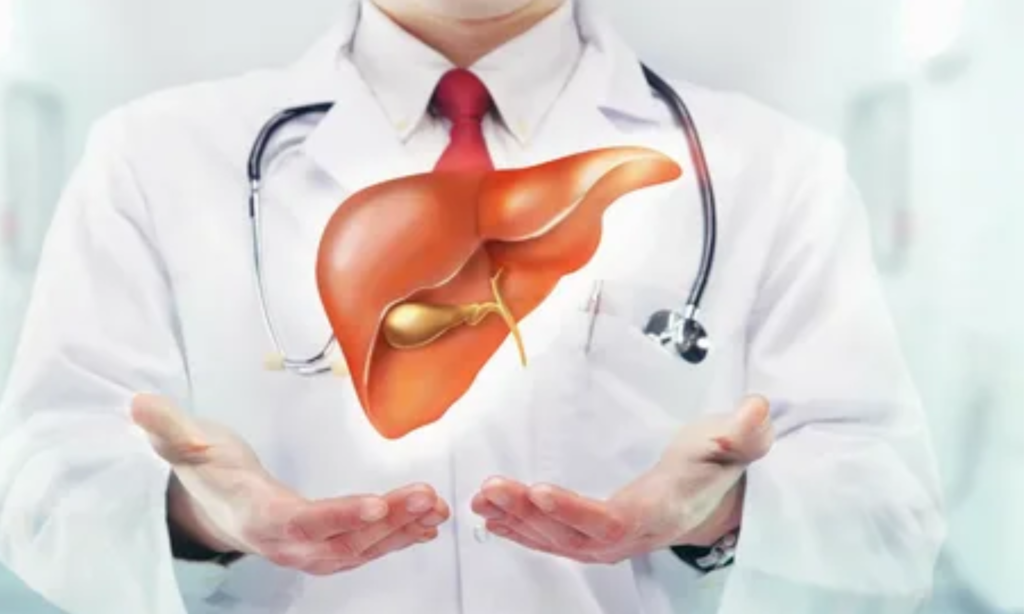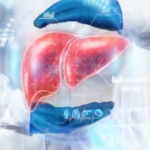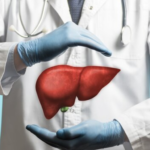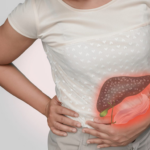
The liver is a vital organ responsible for a range of essential functions, including detoxification, metabolism, and bile production. However, various factors such as viral infections, alcohol consumption, obesity, and autoimmune diseases can lead to liver disorders. Understanding these conditions and knowing when to seek the expertise of a hepatologist (a liver specialist) is crucial for managing liver health effectively.
1. Hepatitis: Types, Causes, and Symptoms
Hepatitis, an inflammation of the liver, can be caused by viruses (hepatitis A, B, C, D, and E), alcohol abuse, medications, toxins, and autoimmune diseases. Each hepatitis virus has different modes of transmission and clinical manifestations. Hepatitis A and E are typically transmitted through ingestion of contaminated food or water, whereas hepatitis B, C, and D primarily spread through exposure to infected blood or bodily fluids.
Symptoms of acute hepatitis may include:
- Fatigue
- Jaundice (yellowing of the skin and eyes)
- Abdominal pain
- Nausea and vomiting
- Dark urine
- Loss of appetite
Chronic hepatitis B and C infections can lead to long-term liver damage, increasing the risk of cirrhosis and liver cancer if untreated. Early diagnosis through blood tests and appropriate management by a hepatologist can help prevent complications and improve outcomes.
2. Fatty Liver Disease: Non-Alcoholic and Alcoholic
Fatty liver disease is a common condition characterized by excessive fat accumulation in the liver cells. It is categorized into non-alcoholic fatty liver disease (NAFLD) and alcoholic fatty liver disease (AFLD).
- NAFLD: Associated with obesity, diabetes, high cholesterol, and metabolic syndrome, NAFLD ranges from simple fatty liver (steatosis) to non-alcoholic steatohepatitis (NASH), which involves liver inflammation and injury. NASH can progress to fibrosis, cirrhosis, and liver failure.
- AFLD: Results from excessive alcohol consumption, leading to liver inflammation and fat deposition. Prolonged alcohol abuse can cause alcoholic hepatitis, a severe form of liver inflammation with a high risk of cirrhosis and liver failure.
Managing fatty liver disease involves lifestyle modifications (dietary changes, weight loss, exercise) and addressing underlying risk factors under the guidance of a hepatologist.
3. Cirrhosis: Progressive Liver Scarring
Cirrhosis is the advanced stage of liver fibrosis, characterized by extensive scarring and nodular regeneration of liver tissue. Common causes of cirrhosis include chronic hepatitis B and C infections, alcoholism, NAFLD/NASH, autoimmune hepatitis, and certain genetic disorders.
Symptoms of cirrhosis may include:
- Jaundice
- Ascites (abdominal fluid accumulation)
- Easy bruising and bleeding
- Fatigue and weakness
- Confusion (hepatic encephalopathy)
- Spider-like blood vessels on the skin (spider angiomas)
Cirrhosis requires ongoing medical management, including lifestyle changes, medications to manage symptoms and complications, and regular monitoring for liver cancer.
4. Liver Cancer: Types, Risk Factors, and Screening
Liver cancer, including hepatocellular carcinoma (HCC) and intrahepatic cholangiocarcinoma (ICC), can arise from primary liver tumors or metastasis from other cancers. Risk factors for liver cancer include chronic viral hepatitis (especially hepatitis B and C), cirrhosis, aflatoxin exposure, excessive alcohol consumption, obesity, and certain genetic conditions.
Symptoms of liver cancer may include:
- Unexplained weight loss
- Abdominal pain or discomfort
- Jaundice
- Loss of appetite
- Fatigue
- Enlarged liver or palpable mass
Early detection of liver cancer through imaging tests (ultrasound, CT scan, MRI) and tumor markers can improve treatment outcomes. Hepatologists collaborate with oncologists to develop personalized treatment plans, which may include surgery, liver transplantation, chemotherapy, targeted therapy, and immunotherapy.
5. Liver Transplantation: Treatment for End-Stage Liver Disease
For individuals with end-stage liver disease or certain liver cancers, liver transplantation may be the only viable treatment option. A hepatologist plays a crucial role in evaluating patients for transplantation, managing pre-transplant care, and providing post-transplant follow-up to ensure optimal outcomes and long-term graft survival.
When to Consult a Hepatologist
It’s essential to consult a hepatologist if you experience:
- Persistent abdominal pain or discomfort
- Jaundice (yellowing of the skin and eyes)
- Unexplained weight loss
- Fatigue and weakness
- Nausea, vomiting, or loss of appetite
- Changes in urine or stool color
- Easy bruising or bleeding
Moreover, individuals with known risk factors for liver disease (e.g., chronic viral hepatitis, alcohol abuse, obesity, diabetes, family history of liver disorders) should undergo regular liver screenings and seek medical evaluation promptly.
Summary
Understanding common liver disorders such as hepatitis, fatty liver disease, cirrhosis, liver cancer, and the role of liver transplantation is crucial for maintaining liver health and addressing potential concerns effectively. Dr. Prasad Bhate, a highly experienced hepatologist located in Baner, Pune, specializes in liver disorders and offers comprehensive care to patients. Early diagnosis, appropriate management, lifestyle modifications, and regular follow-ups can significantly improve outcomes for individuals with liver conditions.




